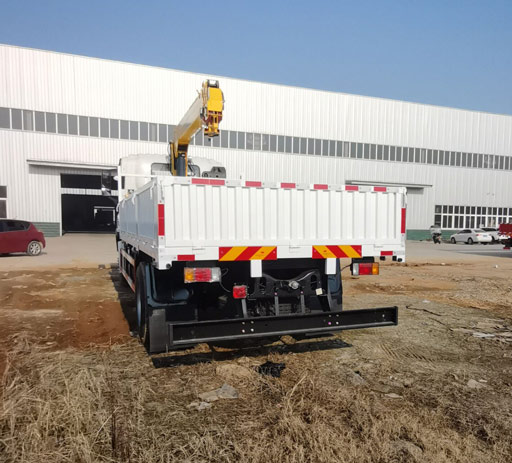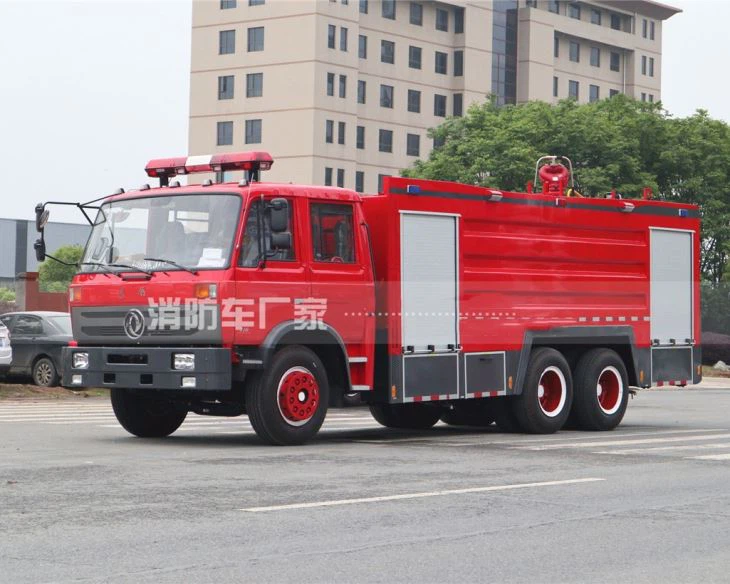Ultimate Guide to Mini Dumper Trucks: Features, Uses, and Buying Tips

Mini dumper trucks are versatile, compact vehicles designed to transport materials in tight spaces. They are essential for construction sites, landscaping projects, and agricultural operations where maneuverability is crucial. In this comprehensive guide, we will explore everything you need to know about mini dumper trucks, including their features, uses, and considerations for purchasing one.
Understanding Mini Dumper Trucks
Mini dumper trucks, often referred to as mini dumpers or compact dumpers, are small, wheeled vehicles equipped with a hydraulic dump bed. They are designed for transporting heavy loads in confined spaces, making them ideal for urban construction or landscaping projects. Below, we will delve deeper into the key features that define these powerful machines.
Key Features of Mini Dumper Trucks
1. Size and Maneuverability
Mini dumpers are compact, allowing them to navigate narrow pathways and tight spaces that larger trucks cannot access. This characteristic is especially beneficial in crowded job sites.
2. Load Capacity
Despite their small size, mini dumpers can carry an impressive amount of weight, typically ranging from 500 to 3,000 pounds. This capacity makes them suitable for both light and heavy-duty applications.
3. Hydraulic Dump Mechanism
Most mini dumper trucks feature a hydraulic system that allows for easy unloading of materials. Operators can tilt the bed to a designated angle for dumping, reducing manual labor.
4. Variety of Designs
Mini dumpers come in various designs, including tracked and wheeled models. Tracked models are ideal for soft or uneven terrains, while wheeled models are better for hard surfaces.
5. Engine Options
These vehicles are usually powered by diesel or petrol engines, offering various horsepower ratings to suit different operational needs.
Applications of Mini Dumper Trucks
Mini dumper trucks find applications across various industries. Here are some practical examples highlighting their utility:
1. Construction Sites
In construction, mini dumpers are essential for transporting materials like dirt, gravel, and concrete blocks. Their compact size allows them to work in confined areas, making them invaluable for urban projects.
2. Landscaping Projects
Landscapers utilize mini dumpers to move soil, mulch, and other landscaping materials quickly. Their ability to navigate through gardens and backyards provides vast advantages in terms of efficiency.
3. Demolition Work
During demolition projects, mini dumpers can help remove debris, crushing the cleanup time significantly and enhancing safety by keeping the work area less cluttered.
4. Agriculture

Farmers use mini dumpers to transport feed, fertilizer, and produce across their property. Their compact size allows them to navigate between rows of crops without damaging plants.
5. Waste Management
Mini dumpers are also useful for waste collection and disposal. Their sturdiness makes them capable of carrying heavy loads while remaining efficient. They are often seen in municipal waste management operations.
Choosing the Right Mini Dumper Truck
When selecting a mini dumper truck, it’s important to consider several factors to ensure you choose the right model for your needs.
1. Determine Your Load Requirements
Assess the typical loads you will need to transport. Choose a mini dumper with an adequate capacity, balancing weight and space considerations.
2. Evaluate the Terrain
Consider the environments where the mini dumper will operate. If you need a machine for rough, uneven terrain, a tracked model might be better suited for your needs.
3. Look for Versatility
Select a mini dumper with attachments or features that allow it to perform multiple tasks. Some models can accommodate additional attachments like bucket loaders or forks.
4. Research Brand and Reviews
Reputable brands often offer more reliable machinery. Look for customer reviews and testimonials to gauge performance and reliability.
5. Consider Maintenance and Support
Ease of maintenance and availability of spare parts are crucial for the longevity of your mini dumper. Ensure that the manufacturer provides good customer support and service.
Practical Tips for Operating Mini Dumper Trucks
Operating mini dumpers requires skill and attention. Here are some practical tips to enhance safety and efficiency:
1. Pre-Operation Checks
Before using a mini dumper, conduct routine safety checks on brakes, tires, hydraulic systems, and other critical components.
2. Load Distribution
Ensure that loads are evenly distributed to maintain stability. Overloading or imbalanced loads can lead to tipping accidents.
3. Use Proper Techniques
Adapt to the terrain and adjust speed accordingly. On slopes, drive straight up and down, avoiding lateral movements that could lead to loss of control.
4. Maintain Clear Visibility
Always ensure clear visibility of your surroundings. Be aware of obstacles and slopes, and use spotters if necessary to navigate tighter areas.

5. Regular Maintenance
Follow the manufacturer’s maintenance schedule to ensure the longevity of your mini dumper truck. Regular checks can prevent unexpected breakdowns and enhance performance.

Buying New vs. Used Mini Dumper Trucks
Both new and used mini dumpers have their advantages. Below is a comparison to help you decide which option is best for you.
| Aspect | New Mini Dumper | Used Mini Dumper |
|---|---|---|
| Cost | Typically more expensive | Generally cheaper, but prices can vary |
| Warranty | Includes manufacturer warranty | Warranty may or may not be available |
| Condition | Brand new, no wear and tear | Condition varies based on previous use |
| Technology | Comes with the latest technology | May lack modern features |
| Depreciation | Depreciates quickly | Value typically more stable |
Frequently Asked Questions (FAQ)
1. What is the typical lifespan of a mini dumper truck?
With proper maintenance, a mini dumper truck can last anywhere from 5 to 10 years, depending on usage and brand quality.
2. Can mini dumper trucks operate on slopes?
Yes, most mini dumpers are designed to handle slopes, but caution should be exercised to prevent tipping. Always drive straight up or down slopes.
3. Do I need a special license to operate a mini dumper truck?
The requirements vary by location. Always check local regulations regarding licensing and operator training programs.
4. What kind of maintenance do mini dumper trucks require?
Regular maintenance includes checking hydraulic levels, tire conditions, battery performance, and cleaning the machine to prevent build-up of debris.
5. Are there environmentally friendly options available?
Yes, some manufacturers offer electric or hybrid mini dumpers that produce less noise and emissions, making them more environmentally friendly.
6. How do I choose the best mini dumper for my specific needs?
Assess your load requirements, consider the terrain, look for versatile models, and read reviews to make an informed choice.
